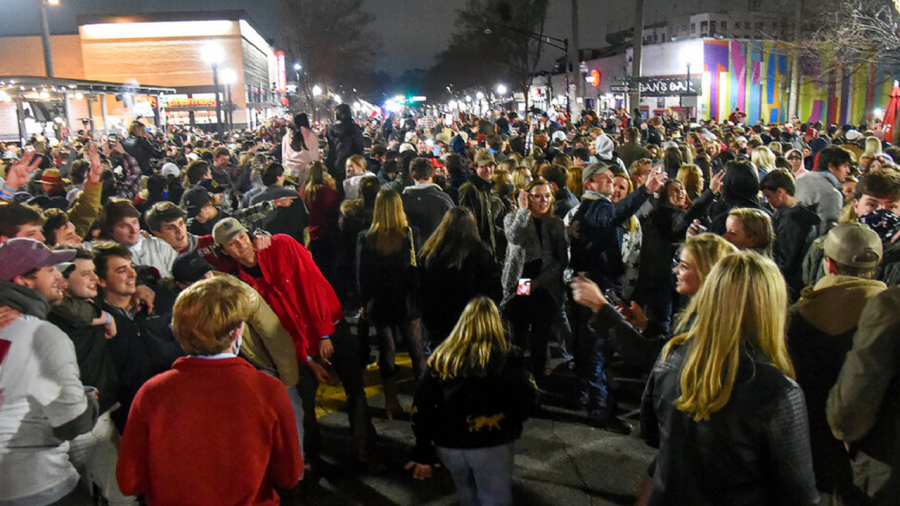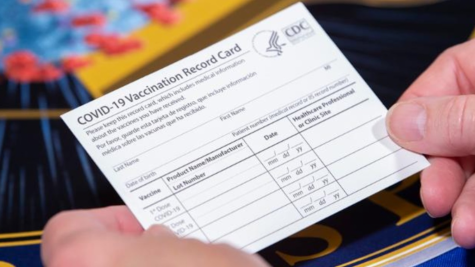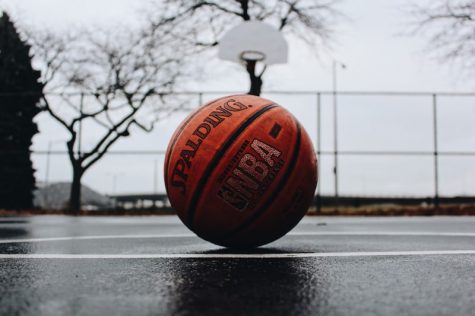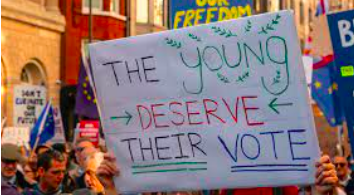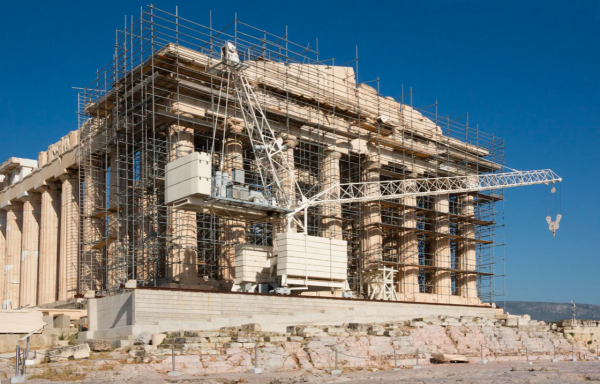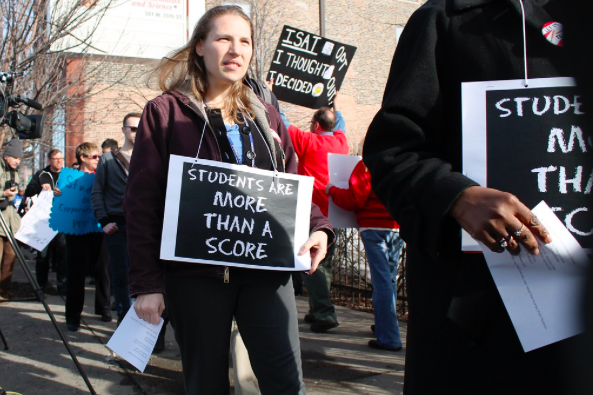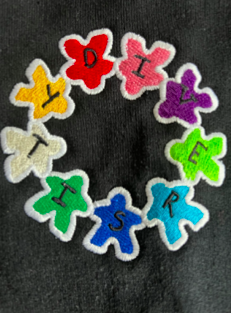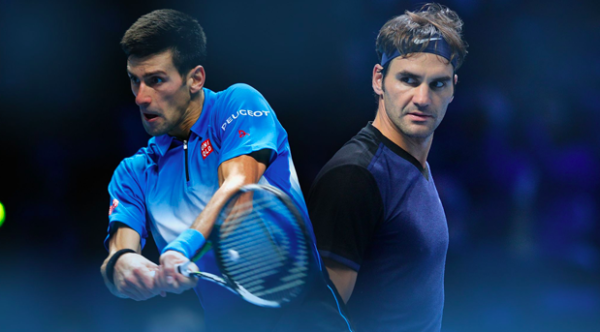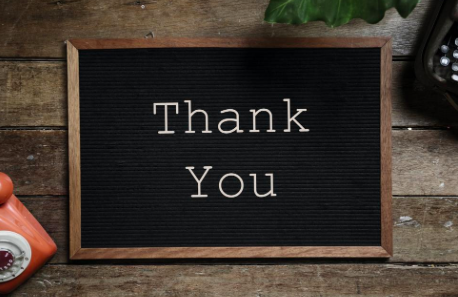Covid-19 and the Entertainment Industry
While the COVID-19 pandemic has damaged many people and aspects of life in America, its effect on the entertainment industry is overlooked. Consisting of companies and people who benefit from consumer interaction and in-person events, the entertainment industry is losing a lot due to the pandemic, and the possible means of fixing these issues poses a lose-lose situation. On one hand, opening event venues for concerts, sporting events, and movie theaters will direct more profit towards the individuals working on such entertainment projects rather than larger companies. On the other hand, keeping these industries shut down is far more safe for the people involved, and will help stop the growth of the pandemic.
While looking at a picture of a street in Alabama after The University of Alabama won the College Football National Championship, I saw tens of thousands of people celebrating, most with masks off. My first reaction was to criticize the people for being so inconsiderate and neglectful of the health of others, but as I thought about this huge event in sports, I realized that this may have been a preventable outcome had the organizations running this event handled it differently. Organizations of the entertainment industry should look to adapt and take advantage of the technological world we currently live in, rather than endanger people in a counterintuitive effort to have businesses run as usual.
The sports industry has many great examples of how and how not to handle mid pandemic seasons. The NHL and NBA over the summer set great guidelines for a system in which artists and crew members can operate normally, without the fear of the spread from these people and their fans. All teams were placed in a bubble, with no entry or exit, and were required to quarantine before and after arrival, with multiple tests everyday. The result of this was zero positive tests among both sports, and extended playoffs fully completed for both organizations. The issue with the NHL and NBA lies in what occurred after the season ended. The Tampa Bay Lightning irresponsibly held a parade with 1600 people – all under six feet apart, most without masks. When handling fan attended events, it is important for organizations to note that people will never perfectly follow rules perfectly. Organizations should prepare for the worst, rather than doing the bare minimum to meet requirements.
Recently, the NFL season has entered the playoffs, and many stadiums are allowing fans. The result of this is exactly how one would expect it to turn out, very little social distancing, and very few masks. Even though the hypothetical idea of having fans all six feet apart is in line with CDC guidelines, no one is truly safe. A great way to fix this is to encourage as many people to stay home as possible, and have matches operate in the most skeletal fashion, minimizing the amount of people who need to be involved. Making money can come from many other ways, such as adding advertisements to jerseys or helmets like the NHL in their new season, while still having no in-person fans.
The NHL’s decision to allow team and player travel this season is unwise, and has already led to COVID outbreaks, but their decision to make money from advertisements as opposed to fans is a smart one, as it values player and staff safety over consumer appeal. The less the virus spreads, the more quickly events like these can return to normal without a major risk. When the NFL looks to make more money quickly, however, it gets hurt in the long run by contributing to the ever-growing pandemic. Soccer, a socially distanced sport, has an average of 52 high risk encounters per match. This number is much higher for a sport like football, and further shows why having players in a bubble, and attempting to make money in a no risk fashion is optimal.
A much harder piece of the industry to find a solution for, the music industry is in disarray due to the pandemic. While it may seem that lockdowns have kept people at home and wanting to stream music, artists are losing money at a frightening rate. It takes 200,272
streams on apple music, one of the more high paying streaming services to give artists minimum wage. Instead, these artists make the majority of their money through concerts at small venues and bars. This obviously has not been an option for the past year, yet a return to these concerts will do more harm than good. Larger artists are making most of their money through connections with online brands, games, and streaming services. While this may not be as profitable for smaller artists, and may seem like a financial risk to take, musicians should follow this model to profit, and should not come close to any sort of live performing. While smaller bands will not be able to have a live concert on Fortnite with over 12 million viewers, like rapper Travis Scott, they can find ways to profit with live streams on platforms like twitch, Q & As, and online concerts to sell their brand, and keep fans engaged and donating during such a strenuous time.
As seen with artists like Danny Brown and Logic’s transition to the gaming scene, branching out to other forms of media monetization is a viable solution to the issue of online money making. This is less than perfect, but is far better than performing live, not only for the public’s health, but for the bands’ brand image. Recently, big bands like The Chainsmokers and Smash Mouth performed COVID concerts to a predominantly maskless crowd of 25,000 people. This resulted in a public bashing of these bands on social media platforms like Twitter, which would be detrimental for smaller artists.
There is not, and likely never will be a solution to helping the entertainment industry strive without somewhat endangering those involved, but shutting down all in person activity, without a proven safe bubble system, is the right way to handle the situation. While opening up filming studios, sports games, and restaurant performances may make money short term, it will harm those making money and their fans, and will extend the time in which the pandemic devastates so many people. Low risk may result in lower reward, but taking high risks will only result in scenes like the one after the National Championship game. No one will be able to prevent people from breaking COVID protocol, but creating alternative environments that are safe, and not pushing limits as the pandemic grows stronger each day, will help. In a lose-lose situation, the best solution is that which begets the least loss.

